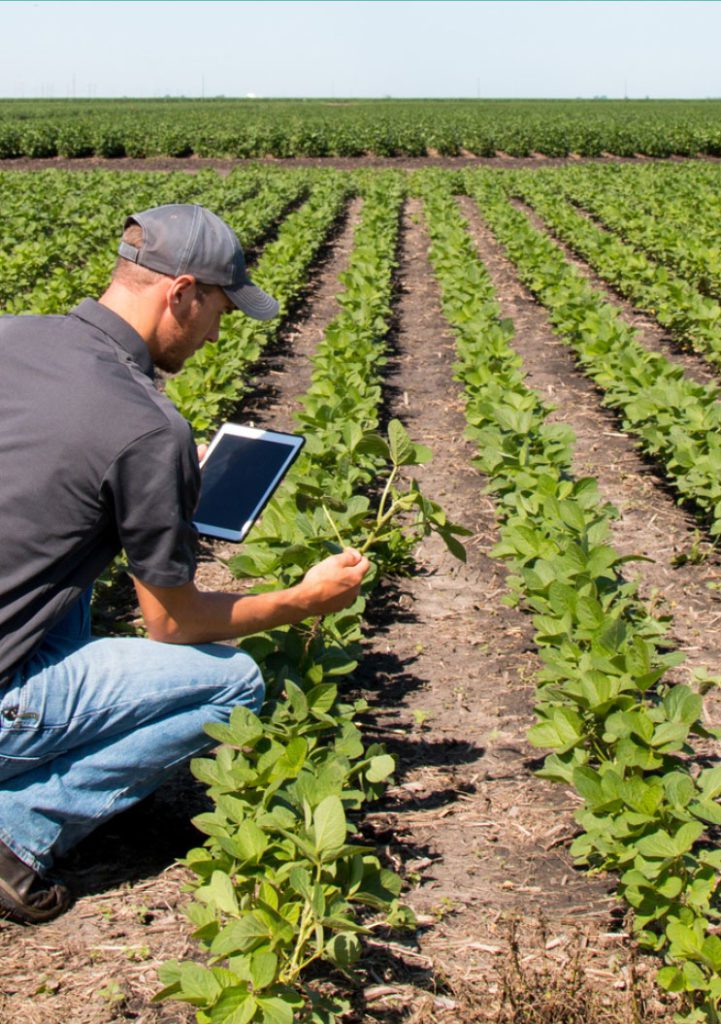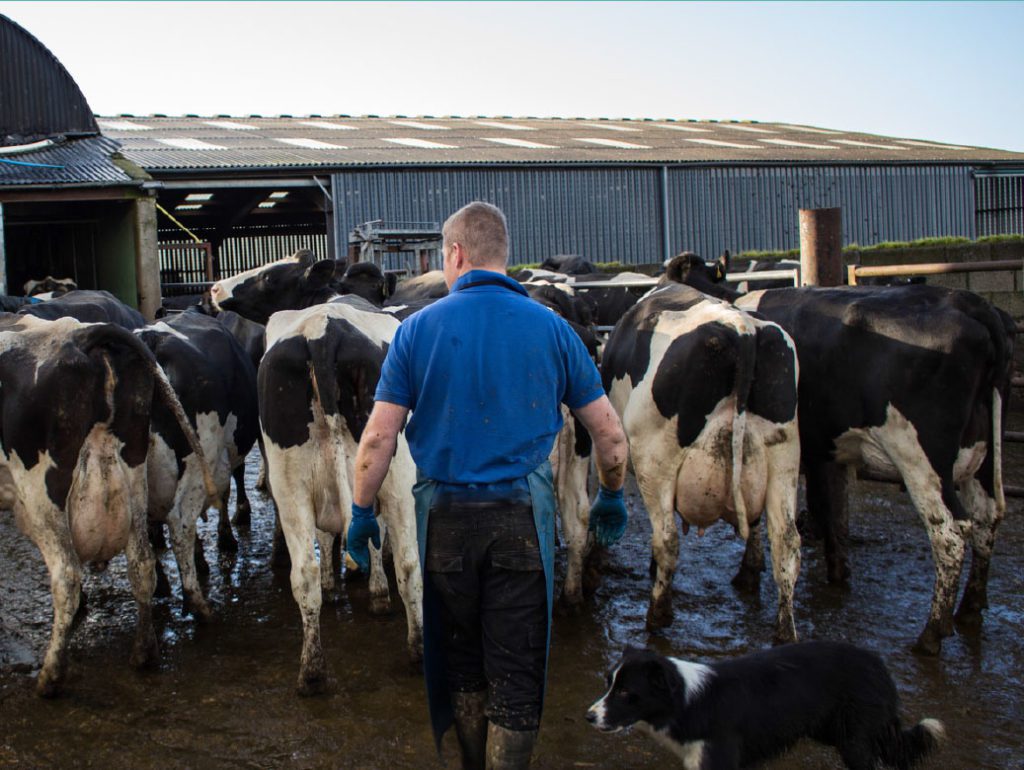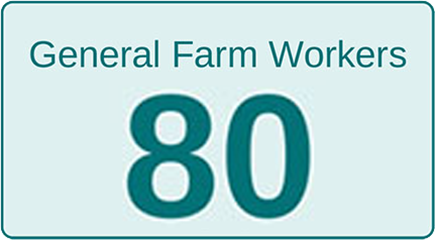Agriculture and Food Processing in Sarnia Lambton
Summary of findings and recommendations for the agriculture and food sector for a Post-Pandemic Workforce & Economic Recovery in Sarnia Lambton.
Highlight of Local Impacts:

- Onset of the pandemic significantly impacted the number of migrant workers able to enter Ontario to work on our farms and in our greenhouses causing workforce shortages across the industry.
- Restrictions introduced due to COVID-19 created a long backlog in operations and impacted overall food processing output by local abattoirs.
- A rebound in employment was reported by November 2020 surpassing levels reported in 2019, likely the result of foreign farm workers levels rising and food processing operations adapting to the health and safety guidelines.
- Agriculture as an industry has been a leader in innovation and adaptability, seizing the opportunities presented among these challenges to develop resilient operating and growth models.
- The long term concerns include (1) attracting and retaining local skilled talent so as to reduce reliance of foreign farm workers and (2) the accessibility to local training for careers in agriculture and food processing.
Highlights of Labour and Skills Shortages
Career opportunities in agriculture and food processing should be highlighted to local workers and youth through programs such as:
- co-operative opportunities,
- hands-on mentorship experiences,
- job fairs highlighting the industry in Sarnia-Lambton.

Top in-demand occupations in agriculture (June 1, 2020 – March 1, 2021):
Recommendations for Strengthening our Local Workforce

- Design and incentivize programs to highlight the diversity of careers in the agriculture and food processing sector, including hands-on opportunities.
- Financial and immigration policy supports for farms and greenhouse operations reliant on foreign farm workers travelling from regions struggling with COVID-19 outbreaks.
- Investments into community-led cooperative spaces for food processing by smaller farming operations to reduce reliance on industrial spaces that prioritize larger entities.
- Highlight resources available for mental health resilience and workforce safety to the various physical workspaces unique to the sector.
Detailed findings and recommendations for local stakeholders reported in the Post-Pandemic Workforce & Economic Recovery in Sarnia Lambton are available at www.slwdb.org/pandemic-recovery, and the Full Report Here.

Post-Pandemic Recovery Planning Report Summary



